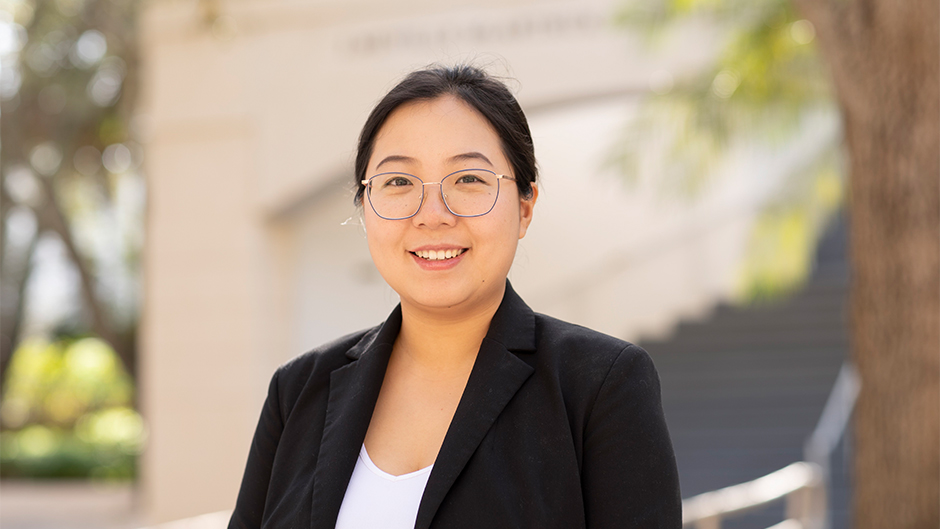The Environmental Protection Agency (EPA) awarded Jiayu Li, assistant professor in the Department of Mechanical and Aerospace Engineering, a 3-year EPA Assistance Award to better quantify methane emissions from landfills.
“We need to better understand the role landfills play in methane emissions,” Li said, “and Miami’s the right place to investigate this.”
Methane is a greenhouse gas which, similar to carbon dioxide, has been increasingly released into the atmosphere by human activities, causing close to 30% of planetary warming since the Industrial Revolution, according to the International Energy Agency.
Landfills typically estimate their annual methane emissions using computer models with a few basic inputs. “However,” Li said, “previous field studies on short-period methane emissions have shown levels five or six times higher than what models had predicted. This indicates landfill methane emissions may exist significant spatiotemporal variations, and landfills may contribute more to climate change than previously known.”
Li will lead the study, which in its first year seeks to improve the performance of methane emission sensors, deploying them locally.
At the end of the three years, Li said, “Ideally we’ll have year-over-year data showing temporal trends–we currently don’t know how seasons and temperature change a landfill's methane emissions.”
Miami may be the perfect place to conduct this study. “Northern cities depend on natural gas for heating, making it hard to distinguish exactly how much methane landfills create,” Li said. “But in Miami, our data won’t have that interference. Landfills are the primary anthropogenic source of methane here.”
The study enables students to gain experience working with algorithms to improve these vital sensors. They will also work with local landfills to collect firsthand emissions data.
The study seeks to reduce emissions created by landfills as well. Landfills usually conduct quarterly tests for methane emissions, which can allow undetected methane leaks to pollute local air quality.
“Our study can create the sensors that landfills across the US need to understand real-time methane emissions, alerting officials to leaks immediately and reducing emissions overall,” Li added.

